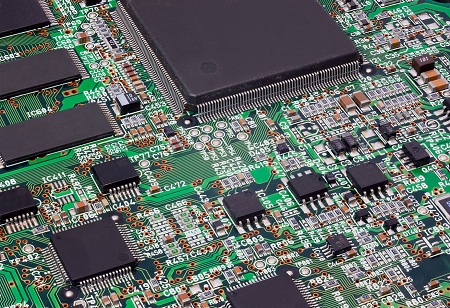Electronics manufacturing industry has requested government to come up with a separate incentive scheme for Printed Circuit Board Assembly (PCBA) which has an export potential of $109 billion for India in the next five years.
“We are seeking a separate production-linked incentive (PLI) scheme for PCBAs. RoDTEP should get instituted on PCBs and that is already in progress. The ball is in the government’s court now,” Pankaj Mohindroo, chairman of the India Cellular and Electronics Association told reporters in a virtual conference.
RodTEP (Remission of Duties or Taxes on Export Products) scheme will replace MEIS (Merchandise Exports from India) Scheme with effect from 1 January 2021. According to the joint report released by ICEA and consulting firm EY, “if support of 6 percent on exports of PCBAs can be provided, by 2025-26, the cumulative PCBA export for India can be about US$ 109 billion. However, if no support is offered, the export is estimated to dwindle to a US$ 4 billion.”
Apart from this, the government must also remove cost disadvantages for PCBA manufacturing in India, allow import of used machinery, ensure uninterrupted power supply and allow priority clearance of imported raw material, the report said. PCB is the heart of any electronic device over which all other components are mounted. It forms close to 50 percent of a smartphone's bill of materials. Currently, PCBs are imported from China while components are mounted here.
With the existing capacity and planned expansion, India is expected to meet 90-99 percent of PCBA demand for the domestic market of electronics such as phones, tablets, PCs, laptops, TVs, washing machines etc. in the next five years, the report said. This presents a domestic market of $87 billion and export opportunity of $109 billion. Currently, the major players in India’s PCBA manufacturing are Foxconn, Jabil, Flex, Sanmina, HiPad and Samsung while Wistron is expected to start PCB assembly this year.
